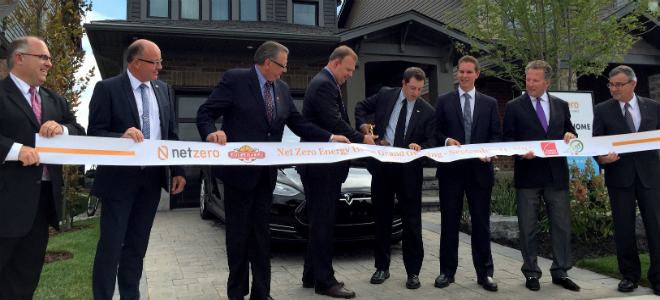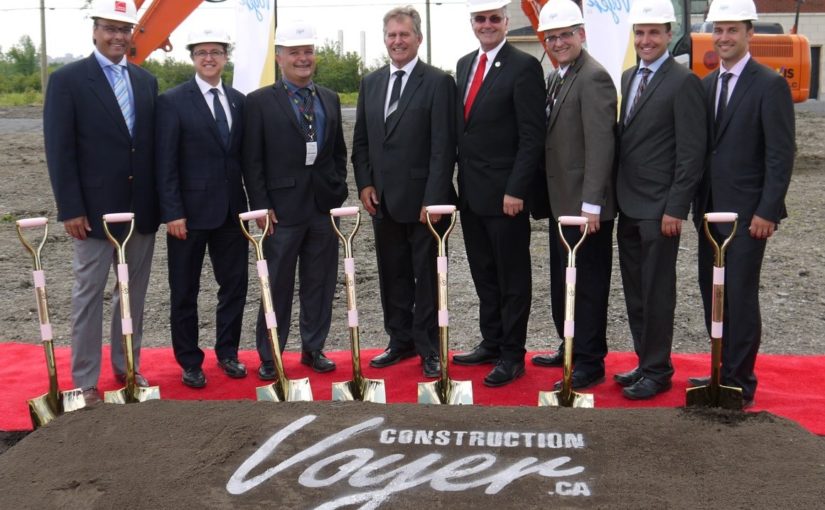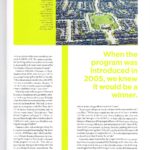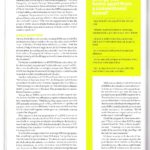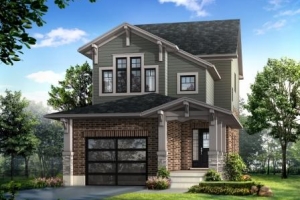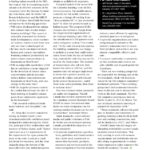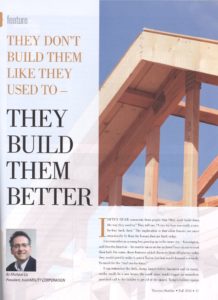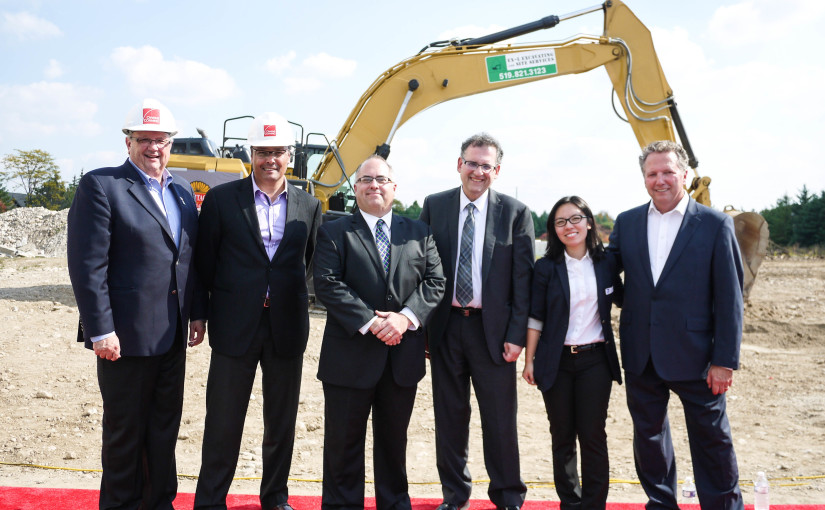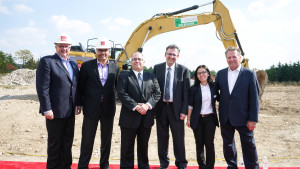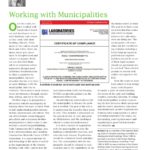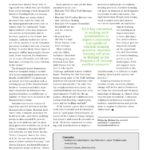We have been proud to have been able to be involved in the Net Zero Housing Project from its initiation and now that the homes are starting to be completed, we are grateful for the positive responses to the results. Thank you REMI Network for the recognizing us in the article below:
Net zero project is building industry milestone
Canadian initiative sets out to prove energy efficiency is consumer-friendly and accessible
Thursday, September 17, 2015
Rebecca Melnyk
A calm, suburban neighbourhood in the south end of Guelph, Ontario, buzzes as people from various building organizations gather at 197 Goodwin Drive. They’re all standing around a new home that blends well into the Westminster Woods community aesthetic, but was built with a much different intention as the 33 solar photovoltaic (PV) panels on the back roof might indicate.
Unlike other net zero energy (NZE) homes that have been constructed across the country, this one, the first of 25 to be completed as part of a national demonstration project, uses consumer-friendly technology and products geared to the mainstream public.
“This shows a net zero home is not only possible, but also possible on the consumer scale where it can be available to everybody,” Guelph Mayor Cam Guthrie said before a ribbon cutting ceremony. “The home doesn’t just demonstrate new and exciting technologies; it changes the way homes are actually built.”
Rather than viewing the project as a one-off, the builder, Reid’s Heritage Homes, used its standard construction plans in order to replicate the build in a production setting, as well as complete a home others can duplicate.
Reid Heritage Homes was selected to be part of the ecoENERGY Initiative (ecoEII) to build a total of five homes in Guelph. Other building companies—Minto, Mattamy Homes, Provident and Construction Voyer—will each build five NZE residences to be located in Ottawa, Alberta, Nova Scotia and Quebec, respectively. Each builder is working with a technical consultant. In this case, Reid’s Heritage Homes has been working alongside Building Knowledge. Upon overall project completion in 2016, the amount of NZE homes in Canada is expected to double.
Andy Goyda, Canadian builder lead and marketing development manager for Owens Corning Canada, a leader in the project, was also on hand to promote the technologies that make the net zero home healthier, affordable and comfortable. One key feature lies beneath the façade, in the form of the Owens Corning CodeBord air barrier system that helps achieve high levels of air tightness to meet net zero performance standards.
“Net zero starts with the envelope,” said Goyda. “If it isn’t super-insulated, we don’t go anywhere; if it is, everything falls into place.”
This “everything” extends to the installation of high-efficiency water heaters, air source heat pumps, triple-pane, low-e glass windows and market-ready renewables like solar PV and electrical storage capacity.
As for the air barrier system, which insulates the exterior of the building preventing thermal bridging from occurring and increasing wall insulation to R-38, a consequential reduction in condensation adds for more comfort and efficiency.
All of these efficient measures will be closely examined. Jennifer Weatherston, director of innovation for Reid’s Heritage Homes, says the home will be monitored for a two-year period as data is collected and analyzed. She also intends to observe how the technology influences owners.
“Do you take the energy device and throw it in the drawer after six months or do you keep learning and moving forward, changing behaviour?” Weatherston questions. “It will be interesting to see how people live in these homes.”
And with the first build set for listing on September 19, the homebuilders will also get a better feel for how many consumers are willing to pay a little more than the average home.
“Guelph is a greener area and more receptive to this type of thing and the location is ideal,” added Weatherston. “But, at the end of the day, what is going to sell these homes is the innovation, home comfort, the improved air quality and better design with the insulation.”
The project has come a long way since 2013 when the Natural Resources Canada first issued an announcement that it had $262 million to promote research and development in demo projects to improve energy efficiency across Canada. BuildABILITY, project manager and lead consultant for the ecoEII project, worked with Owens Corning Canada to develop a proposal that would take net zero to an affordable community production housing platform. And, Voila.
The remaining 24 homes will be complete by the end of 2016, while the initiative aims to leave an everlasting impression on the state of NZE. That’s not only in the residential sector, but other sectors as well.
Candice Luck, director of strategy and programs for buildABILITY, uses the analogy of “helping to build a road through uncharted land so that others can drive through effortlessly.”
“As electricity prices go up (and they are and they will) and as PV prices go down (and they have and they will) businesses and the public will increasingly adopt these measures,” adds Luck. “Our project promises to debug the adoption process so future measures can be adopted seamlessly.”
To view the article on the REMI site, visit here: https://www.reminetwork.com/articles/net-zero-project-a-milestone-for-building-industry/

